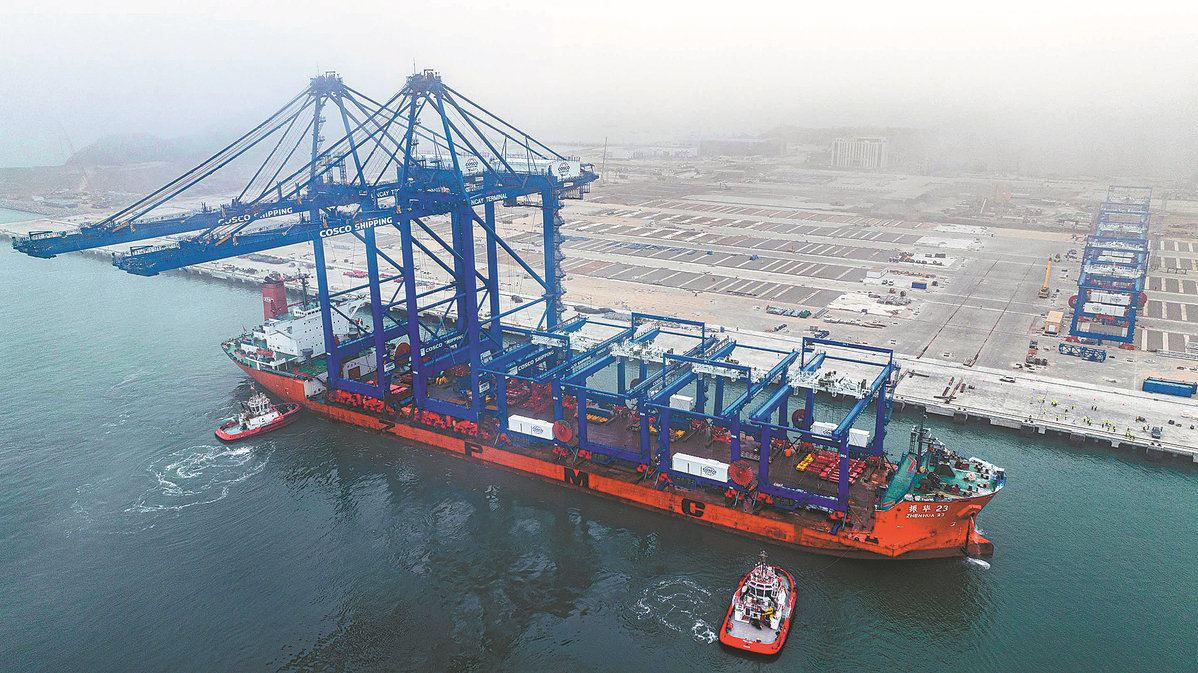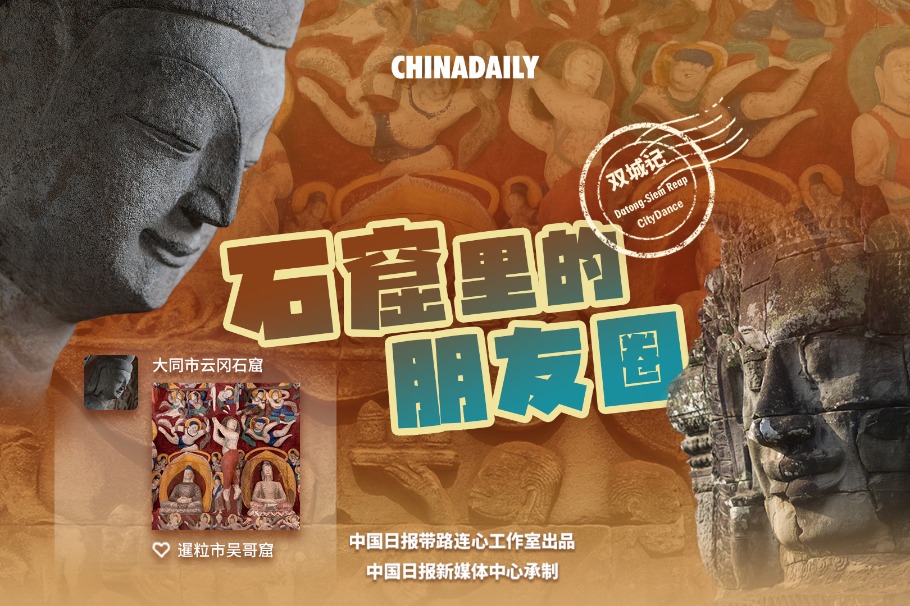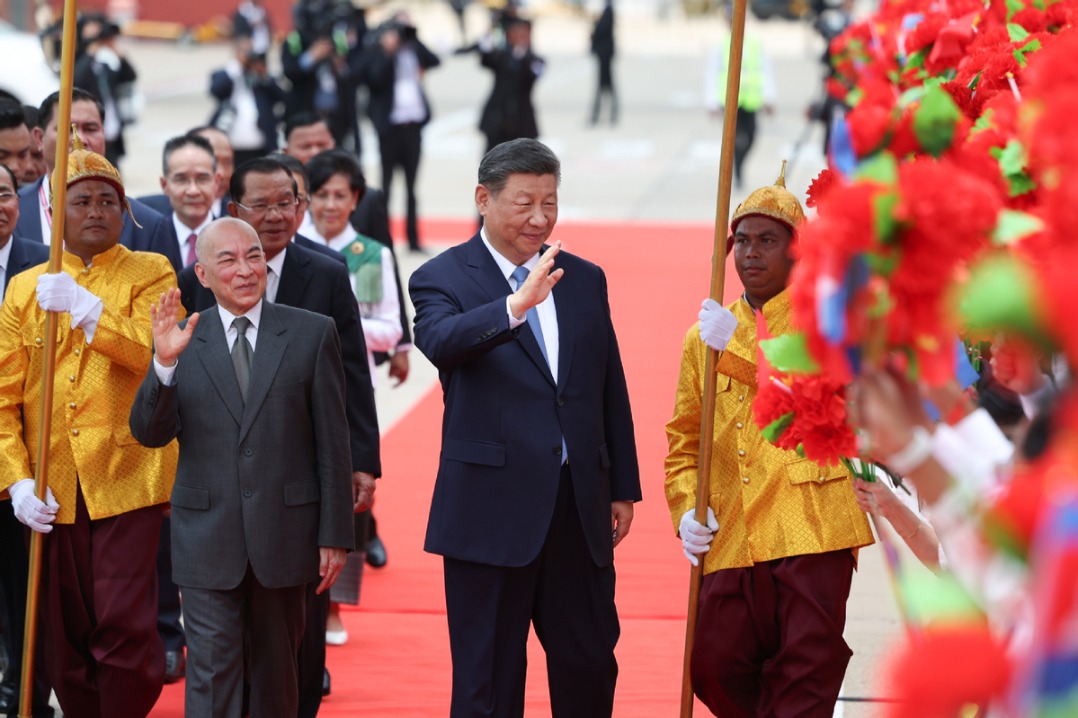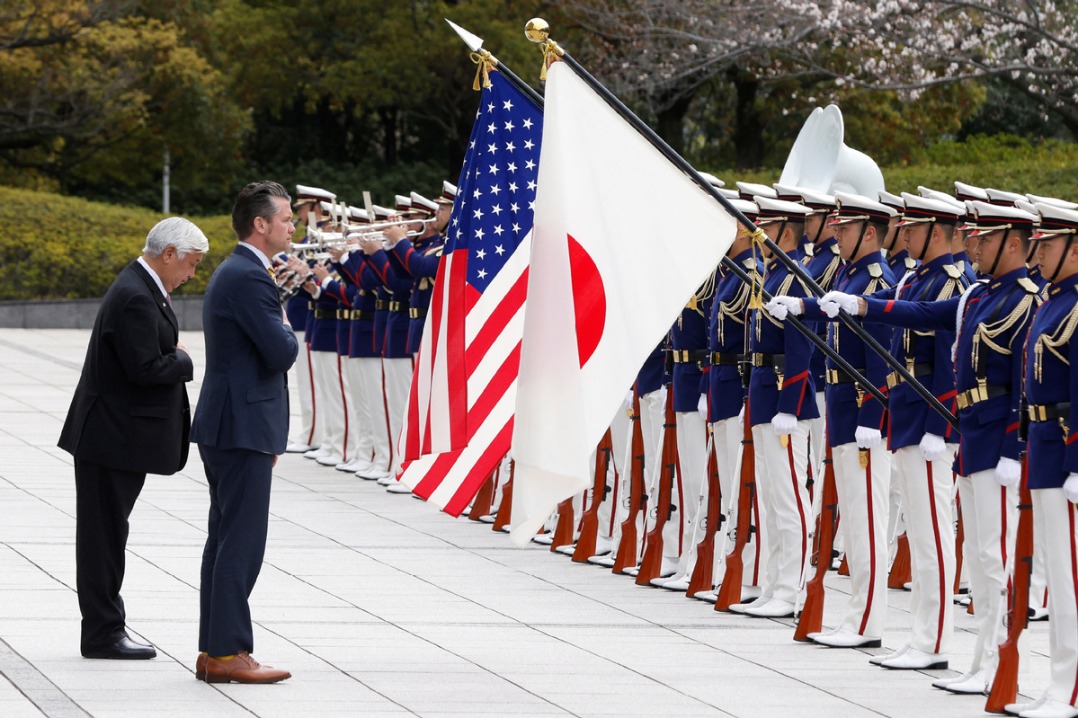Latin America falls prey to new Monroe Doctrine


It is both startling and predictable that Brandon Judd, president of the National Border Patrol Council nominated to be US ambassador to Chile, should pledge during his Senate hearing that he would try to "restrict "Beijing's access to Chile's resources, especially in space and technology.
It is startling because China's engagement with Chile and the broader Latin American and Caribbean region is rooted in mutual economic interests. China is now Latin America's second-largest trading partner and the largest trading partner for Chile, Brazil, and Peru. In 2024, Chile's total exports exceeded $100 billion for the first time, with cherry exports alone growing by over 50 percent, most of them going to China. Meanwhile, Ecuadorian bananas, Nicaraguan honey, and Honduran shrimp are increasingly found on Chinese tables.
Bilateral cooperation under the Belt and Road Initiative is also flourishing. The first environmentally friendly light industrial park in Latin America with full 5G coverage opened in Trinidad and Tobago in 2024, while Peru's new Chancay Port is slashing the transportation time for exports to Asia and cutting logistics costs while creating new jobs. These are mutually beneficial ventures, based on shared development needs and the principle of win-win cooperation.
So why should Chile "restrict "access to resources? The answer lies in the distorted lens through which the US political elite view global development. Within today's political system in the US, increasingly shaped by Cold War-style suspicion, any engagement with China is portrayed as dangerous or predatory. It is predictable, then, that someone like Judd should bring the same mindset to international diplomacy.
US Treasury Secretary Scott Bessent recently smeared Chinese cooperation with Latin America, calling it "rapacious" and a vehicle for "debt traps".The Chinese Embassy in Chile rightly classified these remarks as the "new Monroe Doctrine", the 19th-century US policy that viewed Latin America as the US' exclusive sphere of influence.
Historically, US companies such as the United Fruit Company exploited Latin American agricultural labor to the point where "banana republic "entered the English lexicon to describe economies trapped by foreign domination. To US policymakers, Latin America remains a mere resource base to be exploited, not one that can be engaged with cooperatively and productively. China's growing role in infrastructure, trade, and innovation is largely welcomed in the region as a refreshing alternative to a century of asymmetric relationships with the US.
If the US administration wants to improve ties with Latin American countries, it must stop patronizing them by dictating to them what is appropriate for them.































